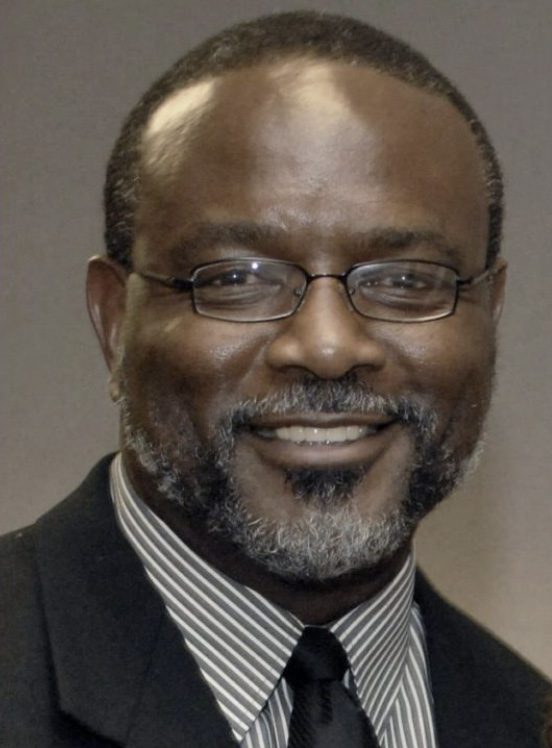by Curtis Weathers —

As a school principal, whenever I had disciplinary issues with students, it was most often the mother who would meet with members of my staff or me to resolve the problems.
While I always was happy to see my moms, it was always a source of frustration for me that the fathers were not able or available to be present. Students, who had chronic disciplinary problems, most always lived in fatherless homes.
Relationships with parents, especially single moms, mattered tremendously in my school. But the presence or interaction with a father, for any reason, was always a cherished moment.
Whenever a dad or any male surrogate parent, like an uncle, would show up for a parent meeting involving a student, I was quick to roll out the red carpet.
While the meeting was usually to address unhappy circumstances, I always was pleased to see a dad (or a male) walk into my office. I used each occasion to sow the seeds of relationship-building before they left.
Dads weren’t always the easiest people to build relationships with. But in most cases, when the father came to my office to deal with the child’s issue, I was reasonably confident that the problems would get resolved.
That is by no means a slight towards moms; it’s just the way it was. The few fathers I dealt with were usually active in their child’s life.

Though much of today’s parent involvement research focuses on mothers, emerging studies show that involved fathers can significantly improve educational outcomes for their children.
Almost every study conducted in the social sciences about fatherhood confirms the obvious – fathers matter.
The fatherless home probably is one of the most detrimental foes we face in achieving the educational aspirations of our children. It is stealthily eroding the foundation of the most essential element of a healthy society – the family.
Research shows that a loving and nurturing father significantly improves outcomes for children, families and communities.
Recent studies show that fathers, who live at home, are more likely to have a close and enduring relationship with their children.
Furthermore, these children are significantly more likely to do well in school, have healthy self-esteem, exhibit positive social behavior and avoid high-risk behaviors, including drug use, truancy and criminal activity.
But these beneficial outcomes for children are not limited to just childhood. People with actively involved father figures during childhood are more likely to have higher levels of success in their careers, an improved ability to handle stress and a better chance of having a strong, healthy marriage.
Conversely, related findings indicate that a fathers’ emotional absence will have long-lasting adverse effects on their children’s overall development (especially young boys), well into adulthood.
Despite all of these hurdles, it has become increasingly more challenging in America to find fathers living in homes with their children.
According to the U.S. Census Bureau, more than 24 million children in America – one out of three – now live in a home without the physical presence of a father. Millions more have dads, who may be physically present but emotionally absent.
The impact of their absence is staggering:
- 71 percent of high school dropouts come from fatherless homes,
- 71 percent of teen pregnancies come from fatherless homes,
- 85 percent of children with behavior disorders come from fatherless homes,
- 63 percent of youth suicides come from fatherless homes,
- 85 percent of youth in prison come from fatherless homes.
- 90 percent of homeless and runaway children come from fatherless homes.
I believe almost every man steps into his fatherhood role with the desire to give his best.
We always have to remember that strengthening relationships between fathers and their children enriches the lives of families and offers a compelling solution to breaking the cycle of educational failure, juvenile delinquency and incarceration, institutional poverty, and the crippling emotional despair fatherless children traditionally experience.
As a society, we don’t seem to value family in quite the same way as we did many years ago (remember, this is an opinion column).
The idea of marriage and family has clearly been diluted. Marriage, for many, is no longer a fundamental prerequisite to having children. The fairy tale social order was to (1) get married, (2) have children and (3) live happily ever after.
We’re skipping the first step, and the last step is not always guaranteed.
Consequently, the rise of fatherless homes will continue to expand and more children (and adults) will suffer the consequences.
Schools and churches can play an important role in restoring fatherhood to its rightful place in our society. It’s just not a priority right now.
What do you think?
(Follow TSD education columnist Curtis Weathers on Twitter (@curtisweathers); email: curtislweathers@gmail.com.)



